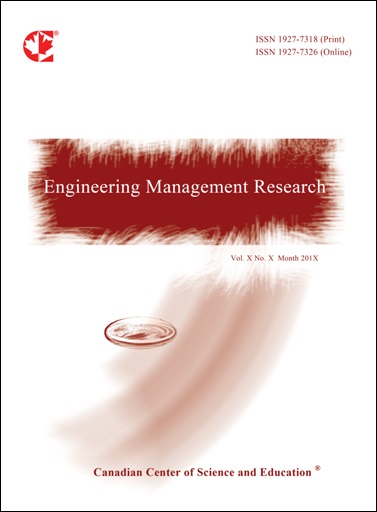Defining Resilience for Engineered Systems
- Bobby J Cottam
- Eric A. Specking
- Colin A. Small
- Edward A. Pohl
- Gregory S. Parnell
- Randy K. Buchanan
Abstract
This paper surveys the literature on resilience, provides several definitions of resilience, and proposes a new comprehensive definition for a resilient engineered system, which is: a system that is able to successfully complete its planned mission(s) in the face of disruption(s) (environmental or adversarial), and has capabilities allowing it to successfully complete future missions with evolving threats. This definition captures the subtle differences between resilience and a resilient engineered system. We further examine the terminology associated with resilience to understand the various resilient time-frames and use the terminology to propose a resilience cycle, which differentiates mission resilience (short term) and platform resilience (long term). We then provide insight into various resilience evaluation methodologies and discuss how understanding the full scope of resilience enable designers to better incorporate resilience into system design, decision makers to consider resilient trade-offs in their assessment, and operators to better manage their systems. A resilient engineered system can lead to improved performance, reduced life-cycle costs, increased value, and extended service life for engineered systems.
- Full Text:
 PDF
PDF
- DOI:10.5539/emr.v8n2p11
Index
Contact
- Cathy TaylorEditorial Assistant
- emr@ccsenet.org
